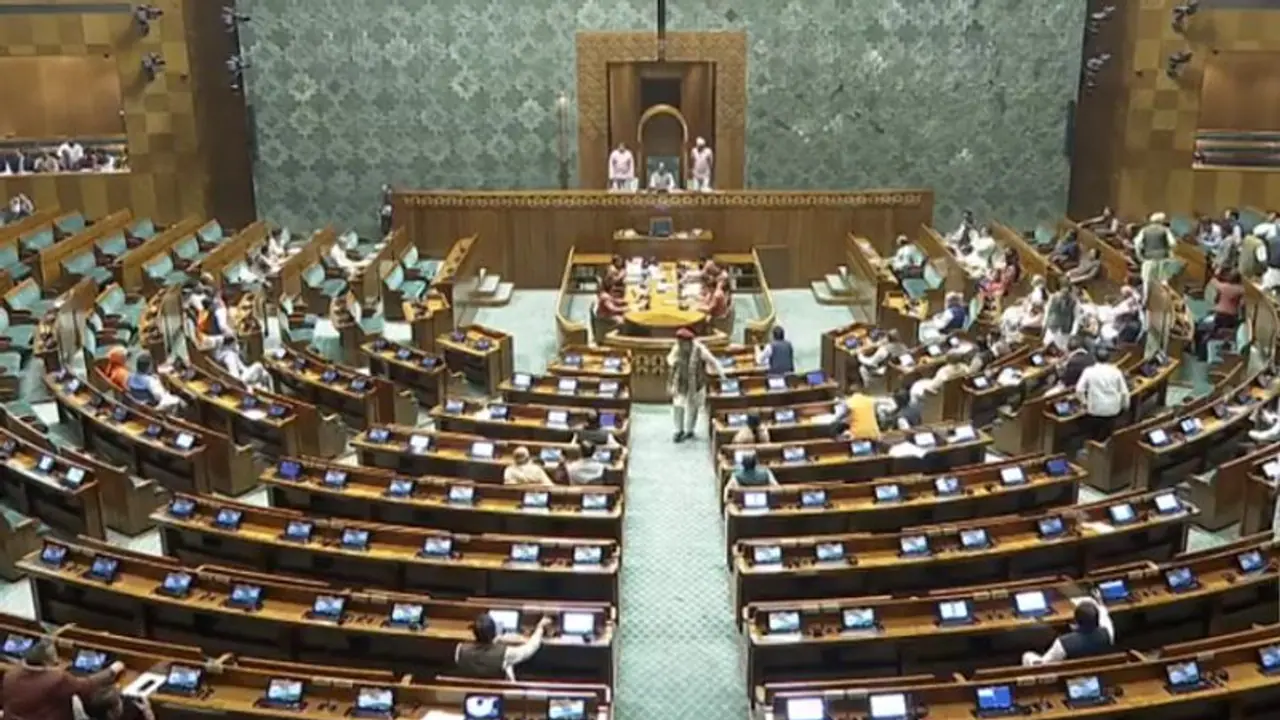In a bid to combat malpractices and organised cheating in government recruitment exams, the Lok Sabha on Tuesday passed the Public Examinations (Prevention of Unfair Means) Bill.
The Lok Sabha on Tuesday passed a Bill which seeks to deal sternly with malpractices and irregularities in government recruitment examinations and entrance tests such as UPSC, SSC, NEET, JEE, and CUET. The bill, titled "The Public Examinations (Prevention of Unfair Means) Bill, 2024," was tabled by Union Minister Dr Jitendra Singh on Monday.

The proposed bill aims to enforce a minimum of three to five years of imprisonment for instances of cheating, with individuals engaged in organized cheating subject to five to 10 years of imprisonment and a minimum fine of Rs 1 crore. "It is imperative that elements that exploit vulnerabilities of the examination system are identified and effectively dealt with by comprehensive Central legislation," the Bill reads.
Dr. Singh highlighted the bill's focus on combating organized gangs and institutions involved in unfair practices for financial gains, with provisions intended to protect candidates from its implications. He underscored the importance of the bill by referencing incidents wherein question paper leaks and organized cheating have negatively impacted a significant number of students.
"In the recent past, many states have had to cancel or were unable to declare results of their public examinations due to the adverse impact of unfair practices and means adopted by antisocial, criminal elements. These unfair practices, if not effectively prevented and deterred, will continue to jeopardize the future and careers of millions of aspiring youths in this country. In many instances, it has been observed that organised groups and mafia elements are involved. They deploy solver gangs, impersonation methods, and indulge in paper leaks. The bill primarily aims to deter such kinds of nefarious elements," the minister said.
Presently, there exists no dedicated national legislation addressing unfair practices in public examinations. Dr. Jitendra Singh highlighted that the bill's aim is to bolster transparency, equity, and trustworthiness in public examination frameworks, guaranteeing that the sincere endeavors of young individuals are acknowledged and their prospects safeguarded. He clarified that examinees will not be subjected to punitive measures under the bill but will instead adhere to the prevailing unfair means policy of examination authorities.
"Candidates shall not be liable for action within the purview of the Bill and shall continue to be covered under the extant administrative provisions of the concerned public examination authority," he said.
Acknowledging the growing influence of technology in examinations, the minister disclosed the establishment of a High-Level National Technical Committee on Public Examinations. This committee will concentrate on devising protocols to fortify digital platforms, bolstering IT security mechanisms, implementing electronic surveillance measures at examination centers, and crafting national benchmarks for infrastructure deployment.
